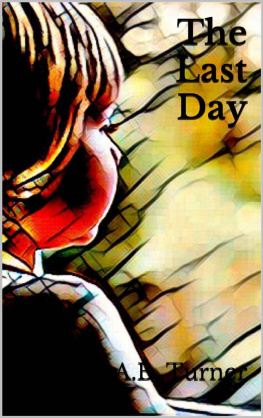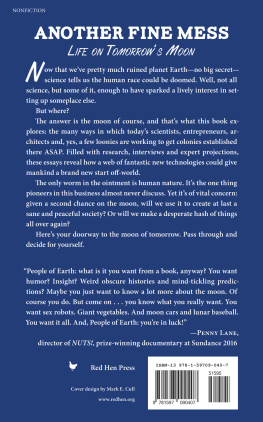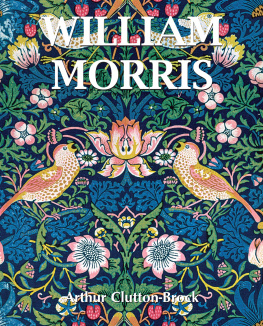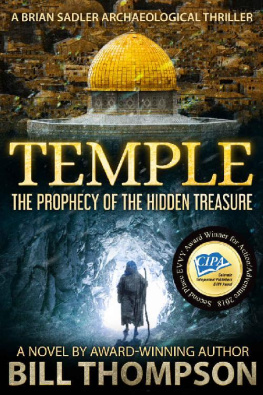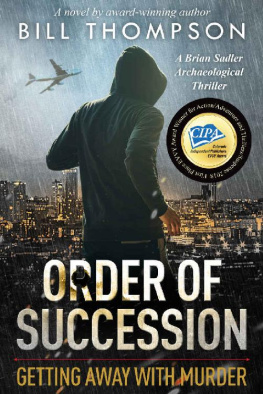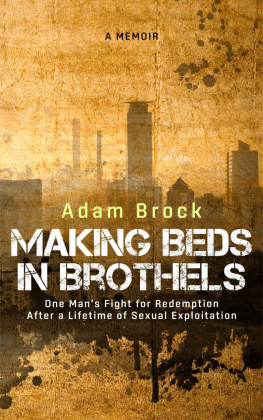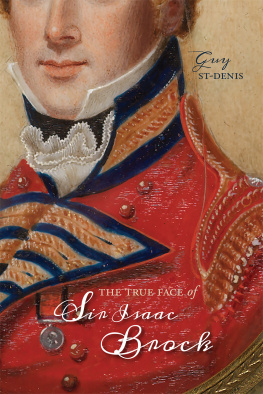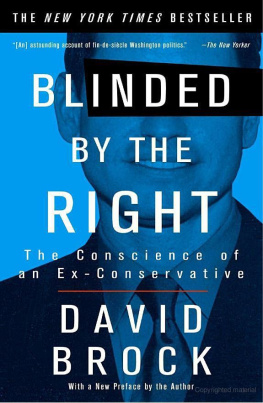Copyright 2010 by The University of Arkansas Press
All rights reserved
Manufactured in the United States of America
ISBN-10: 1-55728-943-3
ISBN-13: 978-1-55728-943-8
LIBRARY OF CONGRESS CATALOGING-IN-PUBLICATION DATA
Thompson, Brock, 1977
The un-natural state : Arkansas and the queer South / Brock Thompson.
p. cm.
Includes .
ISBN 978-1-55728-943-8 (cloth : alk. paper)
1. GaysArkansasHistory. 2. GaysIdentity. 3. Gay communityArkansasHistory. 4. Gay cultureArkansasHistory. 5. ArkansasSocial life and customs. I. Title.
HQ76.3.U52A885 2010
306.76'609767dc22
2010022422
A version of appeared previously in a collection of essays on southern masculinity. Reprinted by permission of Louisiana State University Press from White Masculinity in the Recent South by Trent Watts. Copyright 2008 by Louisiana State University Press.
There are so many people that deserve my gratitude that the task of thanking them all is near impossible. My roommate at the time this project was wrapping up joked that a more accurate title for the work should have been The Un-Natural State and Acknowledgments. All kidding aside, what follows are my attempts to include all who shared in this works completion.
At Hendrix College I am deeply indebted to Jay Barth who provided not only countless leads and encouragement but also gave me the title for this project. In the History Department Deborah Skok provided me with the venue for sharing my findings and thoughts with faculty and students. Also, Garrett McAinsh was a great teacher of history and deserves mention here simply for that. He also was a very receptive audience to my early research in gay and lesbian history. For that I am also thankful. Eric Binnie in the Theatre Arts Department was also extraordinarily helpful in this projects early days. In the English Department Alex Vernon was a thoughtful critic. At Bailey Library at Hendrix I also wish to thank Britt Ann Murphy, Peggy Morrison, Sheila Peters, Amanda Moore, and Dianne Edwards for putting up with me through this entire project and dealing with what seemed to be innumerable interlibrary loan requests.
At the University of Arkansas I wish to thank Lynda Coon, Patrick Williams, and Jeannie Wayne. Also in the History Department, Trish Starks and Michael Pierce, Charles Robinson, and Richard Sonn deserve my gratitude. In the Political Science Department the dynamic husband-and-wife team of Janine Parry and Bill Schreckhise proved to be great friends and colleagues. Also, I wish to thank the staff of Special Collections at the University of Arkansas Library for both their patience and assistance in compiling the research for this project, specifically, Tom W. Dillard, Andrea Cantrell, Anne Prichard, Ethel C. Simpson, Cassandra McCraw, Geoffrey Stark, and, at the reference desk, Debra Lee Miller. Also lending their talents and remarkable collections were the staffs and directors at the archives at the University of Arkansas at Little Rock. There I am particularly indebted to Linda Pine, Jennifer McCarthy, Kaye Lundgren, and Jillian Barnett. The Arkansas History Commission and the Butler Center for Arkansas Studies have my gratitude as well. At the University of Arkansas Press I wish to thank the ever-patient Julie Watkins and Katy Henriksen for their efforts in getting these pages in shape.
At Kings College, University of London, I am, of course, indebted to my advisor John Howard and his colleague Kimberly Springer in the Department of American Studies. In the Department of English I wish to thank Mark Turner for his assistance in interpreting theory as well as providing the surface off which I bounced countless ideas dealing with this project and postgraduate life in general. Socially, there was Paul Fairley. Thanks, Paul.
There were also colleagues from across the academic world who gave me advice and encouragement that proved essential to this projects completion. At the University of California at Berkeley, Whitney Bauman gave a thorough reading of an early draft. Jon Bell at the University of Reading gave me the opportunity to present early research findings at departmental seminars. Also, I would also like to thank Pippa Holloway at Middle Tennessee State University for including me and my fledgling research on a panel at the American Studies Associations annual meeting. I would also like to mention John Kirk at Royal Holloway, University of London, for serving on my thesis committee. His thoughtful suggestions have been incorporated throughout this manuscript. At the University of Central Arkansas I am grateful to Ken Barnes for my first teaching job out of graduate school. Also, Sondra Gordy, herself a leading figure in Arkansas history, gave a thoughtful and encouraging reading to an early draft of this project. At the University of Arkansas at Little Rock, Julie Steel, a lifelong friend to be sure, was supportive throughout. At Oklahoma State University, Lindsey Smith gave feedback and valuable suggestions. Back in my hometown of Conway, Arkansas, Jim Owen began as a history teacher, now a friend; he deserves mention here.
I brought this work to a close working at the Library of Congress in Washington DC. There I benefited from a wonderful and supportive environment that scholars often dream about. At the library I wish to thank Robert Newlen, Monica Lira, and Dorothy Almanza.
Certainly, there are many cherished friends and cohorts who were there for me from the beginning, of whom many deserve inclusion here. In Fayetteville, Arkansas, Sarah Brooke Malloy. In Little Rock, Tucker Steinmetz, who gave invaluable editorial advice on several drafts and opened to me an extraordinary friendship and his almost encyclopedic knowledge of Arkansas history. In many ways this work owes its completion to him, and I am deeply in his debt. In Washington DC, my home for the final year of this project, a big heartfelt thanks goes out to Brian Greer. Also in Washington, Jason Abel, a talented musician and keen editor, gave me a push at a critical juncture to complete this work. He also gave a very insightful reading of a final draft. Also lending their time and talents to the entire manuscript were Matt King and Paul Scott Thacker.
This work remains so many different endeavors at once. First and foremost as a genealogical experiment, this work begins and ends with new revelations about my family as I attempted to resurrect a personal queer past. The herald of these revelations was my father. His endless capacity to love never ceases to amaze me. He listened throughout this project and peppered me with questions, and we both took away so much from each other during this time. I honor him here. My mother makes me extremely proud, and I hope I am able to return that favor. My brothers, Mike and Jay, shaped my life and who I am more so than anyone else. For that, I am in their debt. Two particularly cool cousins, Brenda Mize and Robin Fuhrman, should be recognized.
And there are, of course, the scores of gay and lesbian Arkansans whose work this is. There are too many to thank in these pagestoo many I cannot thank because I never managed to get their namesthough these pages belong to each and every one of them.





